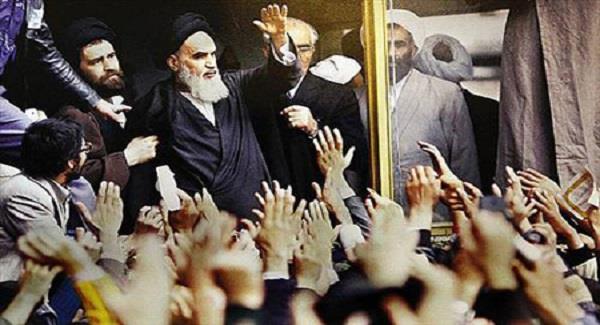
RNA – In an interview with Rasa News Agency, Iyad Zaqout, a Palestinian political activist, said that if a religious government provides religious and sectarian freedom and offers an appropriate platform for the expression of belief for any group within a framework of peace, there won’t be any religious justification for violence in such circumstances.
“Jews and Christians live peacefully alongside Muslims in the Islamic Republic of Iran, each of these religious groups are represented in parliament, the Islamic government has also provided the foundation for the religious practices of other religions and has also provided them with welfare services,” he explained.
The Palestinian Sunni scholar added that in Iran, all religions are allowed to be practiced in accordance with their own laws, including marriage, death, inheritance and birth rituals. “Other Islamic schools of thought have their own mosques and religious centres, they teach their religious studies in schools and universities and they don’t have fewer civil rights than other citizens,” he said.
“If this is an example of an Islamic government, where is the religious or sectarian strife in this system? If there was conflict in this structure, be certain that it wouldn’t be in line with justice and its aims wouldn’t be to advance the people and the system but these conflicts would be aimed of creating intrigue and corruption and as such the people should counter such movements,” he added.
In another part of his speech, Zaqout referred to the issue of the separation of religion and politics, saying that the creation of harmony and agreement between religion and politics isn’t a difficult problem. “Of course, this is only true if the religion is considered original Islam,” he said.
He explained that the Prophet Muhammad established a powerful Islamic state based on Islamic teachings and wasn’t just the leader of congregational prayers or someone who sat in the corner of a mosque, but rather he was a jurisprudent, leader and a legislator.
“He commanded peace and engaged in war and communicated with neighbouring countries. With this approach, religion wasn’t separated religion from politics but the Prophet Muhammad was the first person to express Wilayat al-Faqih,” he stressed.
Zaqout also explained his views on the historical roots of Wilayat al-Faqih and said after the Prophet Muhammad, steps were also taken in this direction and said, “The system of Wilayat al-Faqih ended with the arrival of Mu’awiyah because of the corruption that he created in the religion of God and he also created deviation in this divine religion which has nothing to do with Islam and this issue has led to conflict between religion and politics.”
He said to the system of the Islamic Republic of Iran as a clear example of an Islamic government and added that despite all the wars, sanctions, political, economic, military and media problems, by the victory of the Islamic Revolution, the acceptance of the system of Wilayat al-Faqih and the implementation of pure Muhammadan Islam to the level of its capabilities and capacities, Iran is making progress everyday.
“I do not claim that Iran is a perfect epitome of a religious system or a system in which all Muslims can implement in society but there is no doubt that Iran’s Islamic system of government is the closest to the original Islam of the Prophet Muhammad and this fact has been stressed upon since the beginning of the establishment of the Revolution and we have witnessed the combination of religion and politics and their compatibility in this system,” Zaqout added.
112/930/584